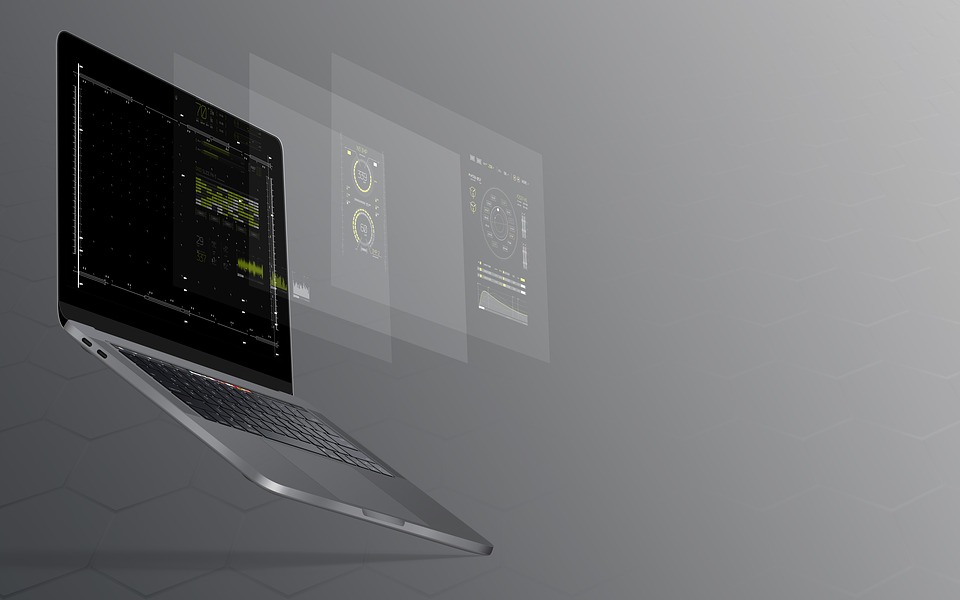 Private investigators no longer rely only on surveillance and interviews. Technology plays a big role in private investigations, and at the center of it all is computer hardware. From desktop towers to portable drives, reliable hardware helps private investigators collect, store, and analyze digital evidence.
Private investigators no longer rely only on surveillance and interviews. Technology plays a big role in private investigations, and at the center of it all is computer hardware. From desktop towers to portable drives, reliable hardware helps private investigators collect, store, and analyze digital evidence.
Why Computer Hardware Matters in Investigations
Private investigators often deal with large amounts of digital data—emails, browser histories, social media activity, or CCTV footage. To manage these, they need strong, secure, and fast computer systems. A slow or outdated computer can affect how fast they work and how much data they can analyze.
High-performance processors help run digital forensics software. Large-capacity hard drives store evidence safely. Graphics cards are useful when reviewing security footage. All these parts make the job more efficient.
Hardware Used by Investigators
Private investigators use a mix of devices, depending on the case. Here are a few key ones:
- Desktops and Laptops – These are used for file storage, data recovery, and analysis. Investigators often use custom-built systems with advanced CPUs and extra memory to handle demanding tasks.
- External Hard Drives and SSDs – These store large volumes of data. They’re helpful when investigators need to back up files or move evidence from one device to another.
- Mobile Devices and Forensic Tools – Smartphones are often used in investigations. Investigators may use hardware-based tools to extract data safely from phones without altering the original content.
- Hidden Cameras and Recording Devices – These use small, specialized hardware to capture real-time information without being detected.
Each piece of hardware has to be reliable, secure, and easy to carry—especially for investigators working in the field.
The Role of Security and Backup
Data security is key in private investigations. Investigators often use encrypted drives and secure servers to store sensitive information. Hardware-based encryption offers better protection than software alone.
Regular backups are also important. If something goes wrong with the main system, having a copy ensures the evidence isn’t lost. Many investigators use RAID systems or cloud backups connected through high-quality hardware.
